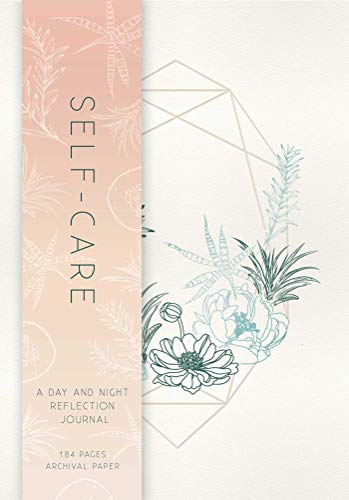Being overly harsh and speaking negatively about yourself is a challenging but necessary habit to break. Using language that is self-appreciative, kind, and constructive is the basis of positive self-talk. The benefits of using a language of love are far-reaching but, occasionally not so easy to live by. Maintaining a healthy inner dialogue takes work, in fact, psychology says it takes some conscious shifts in your mindfulness journey.
The good news is, once you figure out your self-talk patterns, the journey gets better. Experts cite positive inner-talk as less about narcissism and more about ‘showing yourself some self-compassion and understanding. It may help to better understand the difference between negative and positive-leaning self-talk by looking at two examples. “I’m so clumsy and inadequate, I’m always making mistakes,” is an example of negative self-talk. In comparison, “I’m on a journey to learning how to move more intentionally and slower and I’m getting there, day by day,” is positive self-talk. Both phrases address the same topic but one does so with more grace.
Whether in high spirits or in need of some mood-boosting, this is how you effectively implement positive self-talk in your life.
Accomplish the positive self-talk habits you deserve:
Identify negative self-talk traps
The first step to caring for yourself and speaking purposefully is identifying negative self-talk traps. Negative thinking or talking does not have compassion at the center. Instead, it is emotionally unhealthy and makes it harder to feel good about yourself. Once you understand this, it will be simpler to retrain your mind and thoughts.
According to Positive Psychology, negative self-talk/think tends to fall into four categories:
- Personalizing – when you blame yourself when things go wrong.
- Polarizing – when you see things only as good or bad, no gray areas or room for middle ground.
- Magnifying – when you only focus on the bad or negative in every scenario and dismiss anything good or positive.
- Catastrophizing – when you always expect the worst.
Learn your self-talk patterns with a daily journal
Journaling is one of the most effective ways to weave positive self-speak into your life. Write kindly to and about yourself by encouraging yourself with emotionally vibrant and personal affirmations. A journal is a great way to work through some of the rawer and more complex experiences of life on your own terms.
Fill notebooks with your thoughts and observations with these PAPERAGE lined journals or focus on your inner knowing with the self-care journal alternative.
Check-in on your emotional wellness
On the days when it’s a little harder to radiate positivity, it’s worth doing a quick body check to see where most of the anxiety, stress, or sadness is most prominent. Sitting in meditation, a quick body scan will reveal where you feel most blocked. Acknowledging this will be the first step in moving towards an emotionally safer and positive space. Physical movement such as yoga, dance or simply going for a walk is a practical way to release stagnant energy so you can be open enough to speak compassionately without overpowering negative emotions.
Reimagine what it means to be kind to self
Connecting the physical and emotional aspects of positive self-talk is a crucial step. Marrying your physical self-care with your psychological and mental self-care is a method some use to allow their self-talk to sink in.
One simple way to ignite positive self-talk irrelevant of your mood or circumstance is to incorporate it into an everyday task. Some ideas include incorporating positive self-talking into your morning or evening shower. This becomes a ritual that is easy and habitual for you to participate in, eventually without meaning to.
Some people struggle to extend kindness to themselves in the same way that they do with other people in their lives. Another activity could be doing daily activities of kindness towards yourself. It could be gifting yourself something you’ve had your eye on while reaffirming that you’re worthy of this act of kindness, without having to earn it. This will make the self-talk naturally shift into a kinder space.
You can’t go wrong with a luxurious candle to let the body know you’re serious about spoiling yourself. The Chesapeake Bay candle is truly a reminder to refresh and rejuvenate and the Mediterranean citrus aroma will prompt you into a light and meditative state.
Listen to positive affirmations and repeat to implement positive self-talk
Positive affirmations are great ways of increasing your capacity for positive self-talk. Sometimes though, reaching into yourself to provide those affirmations can seem very unrealistic. We recommend borrowing some affirmations that already exist. Musician Londrelle has a collection of spirit-raising and targeted affirmations that will immediately put you in a good head space.
Read books to better know yourself and your psychology
Dedicate time to reading books that will dive deeper into the psychology of positive self-talk. It’s always worth investing in literature that will teach you skills to better prioritize healthy self-talk habits. 21Ninety recommends, “What To Say When You Talk To Yourself” by Shad Helmstetter. Also consider “The Science of Self Talk” by Ian Tuhovsky. Both of these books provide a deeper understanding of speaking to yourself with warmth and respect.
Our editors love finding you the best products and offers! If you purchase something by clicking on one of the affiliate links on our website, we may earn a commission at no extra cost to you.





